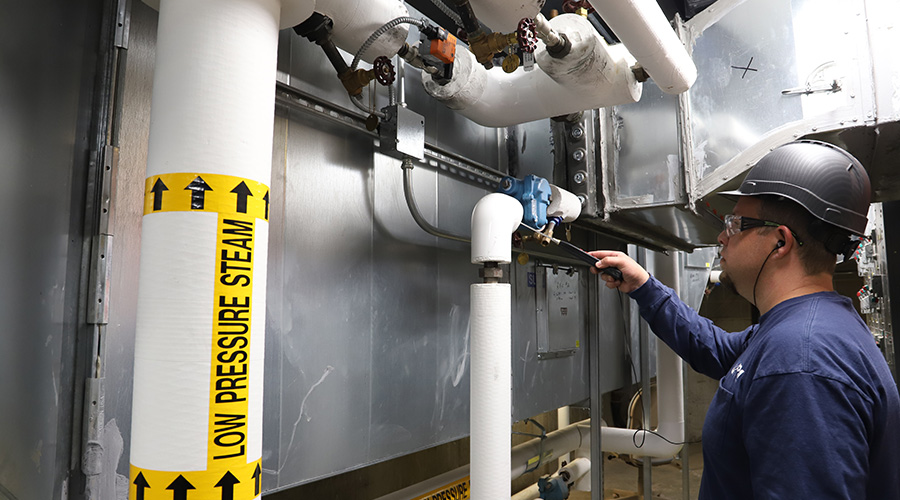The California Lighting Technology Center (CLTC) at the University of California, Davis announces the publication of five downloadable lighting design guides to help builders, contractors, and other lighting industry professionals meet or exceed California’s 2013 Building Energy Efficiency Standards (Title 24, Part 6).
CLTC developed the five guides as part of the California Statewide Codes and Standard’s Energy Code Ace training program to encourage support and compliance with the Title 24 requirements. They are available online at no cost to the public at cltc.ucdavis.edu/title24.
The office, retail, and outdoor lighting guides were created to help people navigate updates to the nonresidential portion of the Title 24 building standards. The residential and high-efficacy residential lighting guides help those working on zero net energy and sustainable residential projects meet and exceed the requirements of the standards.
CLTC is a not-for-profit research, development and demonstration facility dedicated to accelerating the development and commercialization of next-generation, energy-efficient lighting and daylighting technologies.
The standards, which took effect July 1, 2014, are designed to help California meet its energy and climate goals. They aim to improve the energy efficiency of homes by 25 percent and make nonresidential buildings 30 percent more efficient than the 2008 standards. Updated requirements for retrofit projects, lighting controls, and demand response capability are included in the standards. Adaptive lighting, which automatically dims or shuts off when it’s not needed, is the new standard in California.
Each lighting guide provides an overview of the code updates, current lighting technologies, lighting design concepts and principles, and best-practice recommendations. Explanations of code requirements are accompanied by recommendations for implementing the standards in new construction or renovation projects. The guides help put the code into context with specific examples and case studies.
Pacific Gas and Electric Company sponsored the guides, which were created in collaboration with the California Energy Commission. The guides supplement courses developed through CLTC and sponsored by PG&E through its Energy Education program.
About California Lighting Technology Center
The California Lighting Technology Center (CLTC) is a not-for-profit RD&D facility dedicated to developing and commercializing energy-efficient lighting and daylighting technologies. Part of the Department of Design at the University of California, Davis, CLTC includes full-scale laboratories for research and development. Staff members instruct undergraduate and graduate students of lighting design, and they provide courses and educational resources to professionals seeking advanced training. Read more at http://cltc.ucdavis.edu.

 Biofilm 'Life Raft' Changes C. Auris Risk
Biofilm 'Life Raft' Changes C. Auris Risk How Healthcare Restrooms Are Rethinking Water Efficiency
How Healthcare Restrooms Are Rethinking Water Efficiency Northwell Health Finds Energy Savings in Steam Systems
Northwell Health Finds Energy Savings in Steam Systems The Difference Between Cleaning, Sanitizing and Disinfecting
The Difference Between Cleaning, Sanitizing and Disinfecting Jupiter Medical Center Falls Victim to Third-Party Data Breach
Jupiter Medical Center Falls Victim to Third-Party Data Breach